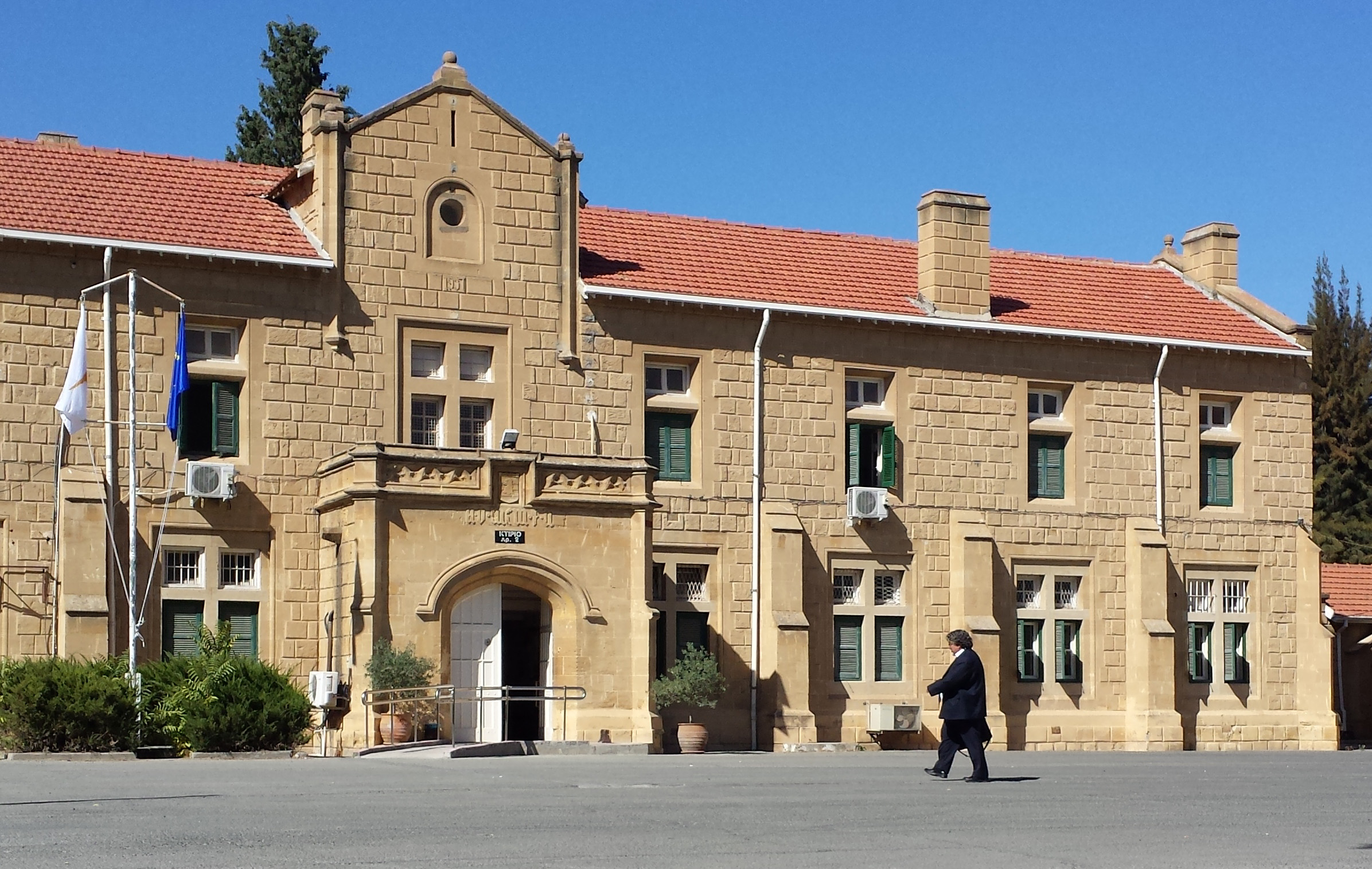In the ‘golden passports’ trial on Monday, lawyers jostled over the admissibility of emails pertaining to a Russian national’s application for Cypriot nationality under the now-defunct investment-for-citizenship programme, with the court deciding to admit the emails as evidence.
The emails in question were between Tony Kay, a real estate agent, and attorney Andreas Pittadjis – a former defendant in the same case.
A British national, Kay was involved in the Al Jazeera documentary aired in 2020 exposing the ‘golden passports’ affair. He had earlier been due to testify via teleconference, but was subsequently withdrawn as a witness for the prosecution.
Of Kay, the prosecution had said that he had personally met with all the defendants on matters pertaining to the charges, and as such as “has personal knowledge of the events”.
During the course of investigations, Cyprus police had seized a computer belonging to Kay from his home. The emails in question were obtained from this computer.
The two defendants are former House president Demetris Syllouris and ex-MP and businessman Christakis Giovani.
Initially lawyer Pittadjis had been on the charge sheet, but was later cleared of all charges. Later, in March of this year Antonis Antoniou – who worked as an operations manager for the Giovani Group – was likewise acquitted when the attorney-general stayed two of the five indictments.
The two indictments dropped, pertaining only to Antoniou, were numbered 4 and 5; these had to do with the granting of a passport to a foreign national – though the beneficiary was not named.
Syllouris and Giovani face charges of influence peddling and conspiracy to defraud, relating to the naturalisation of foreign investors.
In court on Monday, a police officer of the cybercrime unit, summoned by the prosecution, presented a chain of emails between Pittadjis and Kay.
This elicited a back-and-forth between the defendants’ lawyers and the lead public prosecutor regarding admissibility and relevance. After hearing arguments from both sides, the court allowed the emails as evidence.
The emails presented concerned Nikolay Gornovskiy, former chief of Russian multinational energy corporation Gazprom. He had applied for Cypriot citizenship. As the email correspondence showed, the application ran into trouble.
In one of these messages, sent by Pittadjis to Kay, an attached document read that the investor (Gornovskiy) was only interested in buying property in Cyprus in order to secure a passport. In addition, it was stated that Gornovskiy could not come to Cyprus to provide his biometric data, per the requirements of the investment-for-citizenship scheme.
The document, bearing the signatures of Giovani and Pittadjis, said also that Gornovskiy reserved the right to withdraw from the prospective real estate investment.
In subsequent emails on the same subject, including minutes of a meeting taking place on December 12, 2018, it was stated that an attempt would be made to exempt Gornovskiy of the requirement for the biometric data.
In an email dated April 10, 2019, Pittadjis tells Kay that the request for exemption “does not appear to be going well”. The request was being delayed at the office of the director of the relevant department and had not been forwarded yet to the minister. The minister is not named.
Pittadjis also states that “Christakis (meaning Giovani) will make use of all the possible connections to resolve the situation”.
The correspondence was in English.
The next hearing in the trial will take place on May 6, when the police officer will continue presenting the chain of emails.
The lead prosecutor also stated her intention to submit as evidence about a dozen emails overall.
In October 2020 the Al Jazeera network had broadcast an almost hour-long expose of the affair, prompting Syllouris and Giovani to both resign.
In the documentary, undercover reporters posed as proxies for a fictitious Chinese businessman with a criminal record, aiming to secure him Cypriot citizenship.
Syllouris, Giovani and others were shown offering to help the man in his quest for citizenship despite his (supposed) criminal record.






Click here to change your cookie preferences